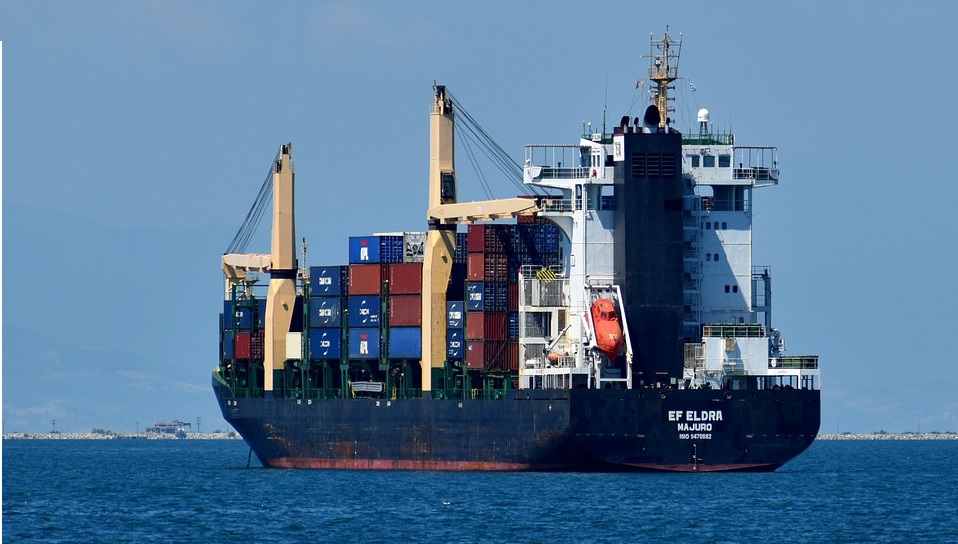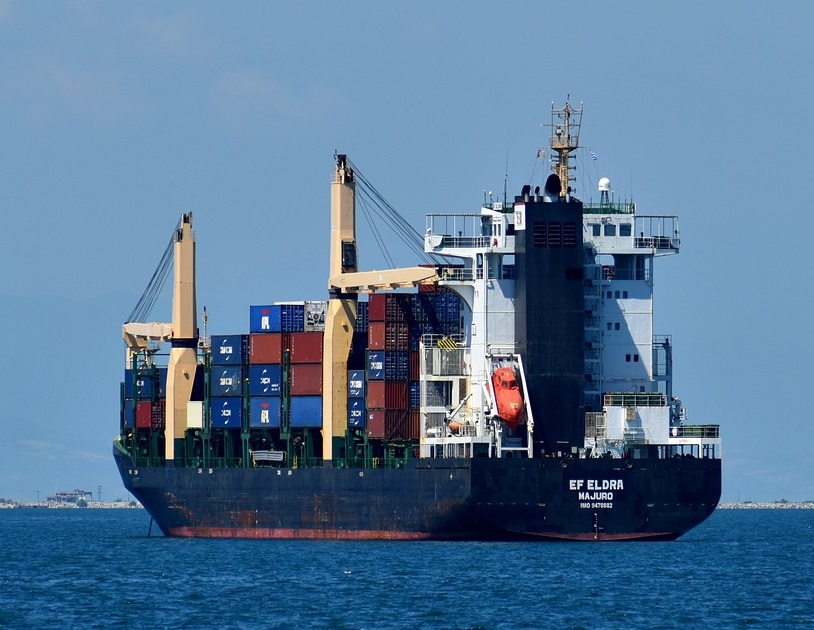The alarming rate in which the pandemic has spread has had a major impact on the ocean freight shipping industry which was already reeling under the effects of the trade war. The pandemic has dealt a severe blow to this industry which is presently coping with the impact of the pandemic. Keep reading to find out how the Coronavirus has affected the container shipping industry.
Increase in the number of blank sailings
Since 27th Jan the sea freight shipping industry witnessed several blank sailings as a result of the pandemic. The loss of volume caused by the blank sailings was somewhere around 1.9 m TEU which implies a loss of profits equivalent to $1.9 billion for the shipping companies.
On the positive side, presently we are noticing a decline in the scale of new blank sailings which suggests that the shipping volume will gradually return to normal. As stated by Mr. Allan Murphy, the CEO of Sea Intelligence, one of the leading maritime data analysis companies, “This [the decline of blank sailings] however, does not mean the ripple effects are over – far from it. We have already outlined in the past weeks how this will impact the round-trip dynamics and create shortages of both vessel capacity and equipment availability.”

The container shipping sector in China
The container shipping industry’s profitability is inextricably linked to China as it is a major commercial partner for several countries while also being one of the leading shipbuilders. “The outbreak came at a time when shipping companies are used to lower demand due to the Chinese New Year (CNY) and had already planned for this,” says Mr. Peter Sand, the Chief Shipping Analyst of BIMCO, the world’s largest organization of ship owners.
The scenario started to change for the worse when a number of passengers on a cruise vessel were infected and several ports in South Korea, Taiwan, and Singapore isolated the ship so as to limit the spread of the virus. All these factors resulted in considerable setbacks for the container shipping industry which is now contending with numerous problems such as price hike, trip cancellations, blank sailings, and lower commercial opportunities. “Coronavirus caused demand to fall lower, and remain at lower levels for much longer than in a usual year; for many in the industry it became about prolonging their measures for dealing with CNY, which were already in place, with little other options to deal with the blow.” adds Mr. Sands.
The global ocean freight shipping industry
Ever since February 2020, the international shipping industry started bearing the brunt of the crisis. To quote from a post from the BIMCO webpage, “Earnings from the Persian Gulf to China have dropped from $103,052 per day on 2 January to $18,326 per day on 18 February 2020,”
It is important to state against this backdrop that the giant crude bulkers and tankers form one of the worst affected sectors. China is the major purchaser of crude oil and the plummeting trade in China has lowered the demand for crude tankers. Several countries around the world are heavily reliant on China for raw materials and Chinese imports that visibly demonstrate the debilitating effects of the pandemic on the non-Chinese nations.
The container shipping sector has started to recuperate from the effects of the pandemic
Amidst all these unfortunate tidings, thankfully we have some good news to share! The shipping sector has already started its process of recuperation and ports and customs offices in some countries are presently fully functional. It is being anticipated that this sector will soon make a substantial effort for further investment in digital freight technologies, end-to-end logistical management software, and AI technologies. Considerable investments will also be made in the autonomous shipping vessels sector and this can greatly boost the industry as they are inexpensive, efficient, and don’t require the presence of a workforce. Additional investments in digitization will boost the industry and consolidate all the players including forwarders, carriers, and brokers for optimization of all the processes.


